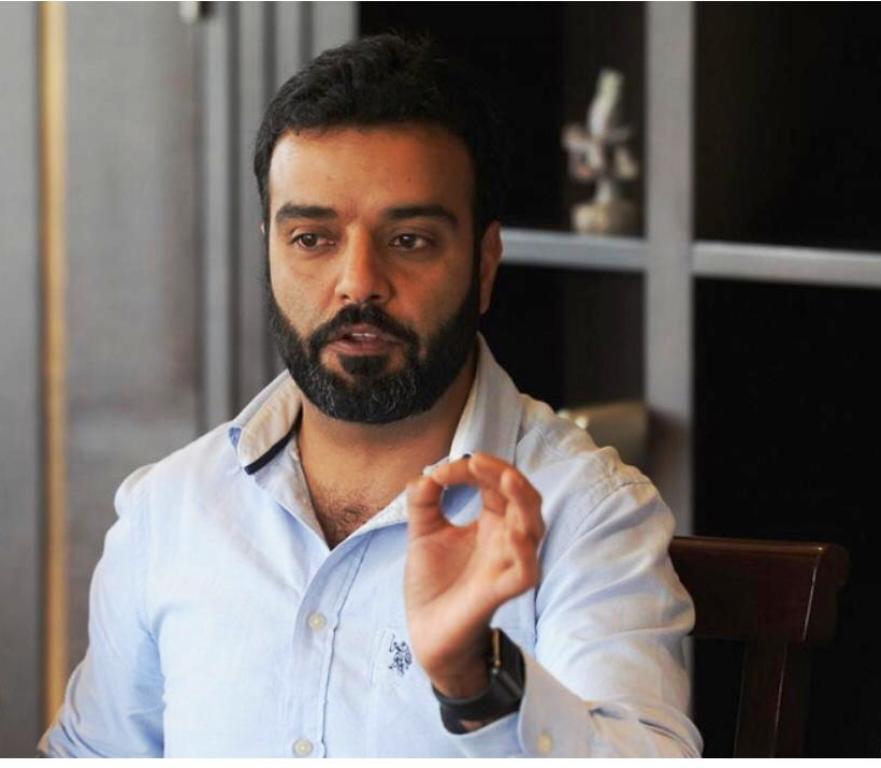Srinagar
A day after 49 paramilitary troopers lost their lives in a militant attack in south Kashmir, the former IAS topper Shah Faesal said that Kashmir has become a high altitude graveyard and seven million people are waiting for their turn to die.
While delivering a lecture at Centre for Policy Analysis in Delhi on Friday the Kashmir’s first IAS topper said that it has been hard for a common man to understand what to condemn and what to condone.
Faesal, who recently resigned from the Civil services and is planning his political plunge, said that the last year 2018 was the deadliest year in Kashmir and no effort of reconciliation, was done. In this year, the new recruitment in the militancy was the educated youth and some of them were PhD students.
Reiterating that dialogue is the only way for the reconciliation, Faisal said the leadership in Kashmir had a long history of engagement and dialogue but that is turning old.
“We have tried surgical strike, did it succeed? No. Can we have war with Pakistan which is a nuclear state? My belief is no. We cannot afford another upheaval in South Asia. If this continues, there will be an Afghanistan and Syria within India,” said Faesal, adding that his resignation from the civil services was a pointer to the crisis in Kashmir.
Earlier, on Thursday, Kashmir witnessed one of the deadliest attacks in its history when 49 CRPF personnel were killed and several others were injured after a “suicide car bomber” rammed an explosive-laden vehicle into the bus near Lethpora at around 03:15 pm in Lethpora area of Pulwama in south Kashmir.
Uzair Simnani adds from Delhi:
Speaking at the annual Panel Discussion organized by the centre for policy analysis at the India International Centre, Delhi, Shah Faesal emphasized on the need for dialogue, where he began by paying homage to the CRPF Jawans killed in yesterdays suicide bomb blast that took place on National highway in Pulwama, Shah Faesal reminded the audience by quoting “violence begets violence”.
He said Kashmir has been turned into a high altitude graveyard, and there seems to be no political process initiated for the containing the cycle of violence.
Focusing his attention on the Mainstream India as to how it brews anger among the Kashmiris, he said, the sympathetic nature of the media towards Kashmir has been lost and has turned into a fully aggressive one which again has alienated the mainstream thinking in Kashmir.
Surgical strikes, demonetization as projected by the government to bring down militancy related incidents has proved to be a total failure. We cannot afford a war, especially when the issue is between the nuclear nations involved in this conflict. It will eventually lead to another Syria or Afghanistan of North India.
He said he is ready with the enlargement of the democratic process, which is a true democracy, free and fair elections, where there is no repetition of 1989 and 1953. It is the nearest possible solution as of now.
India needs to treat Kashmiris as their own, Kashmiris living outside the state face a lot of issues when they come out, they feel alienated when denied homes because of their ethnicity.
We have been blaming the outsiders (by which he meant Pakistan) but tend to ignore the internal behaviour towards the problem.
Appealing to the intellectuals and liberals, he emphasized on them to revive the old bonds of friendship and express their solidarity.
Going back to the history of Kashmir problem, he said, the conditions of accession should be respected as the Prime Minister of India had promised. By saying we will dilute Article 370 or 35A, this further alienates the Kashmiri population from the idea of India and makes people angry.
Focusing on the violation of the rights of people, he said rights of people should be respected. The military is no solution to the problem and Kashmir needs to be demilitarized. In the last 30 years, the institution of dialogue has been discredited. A big task that lies ahead is to restore faith in democratic space and everybody should talk about it. The government of India should start a process to bring back Pandits as their new generation cannot relate to Kashmir which will make a community suffer.
Kashmiri women have been the worst sufferers of the conflict, he added.















